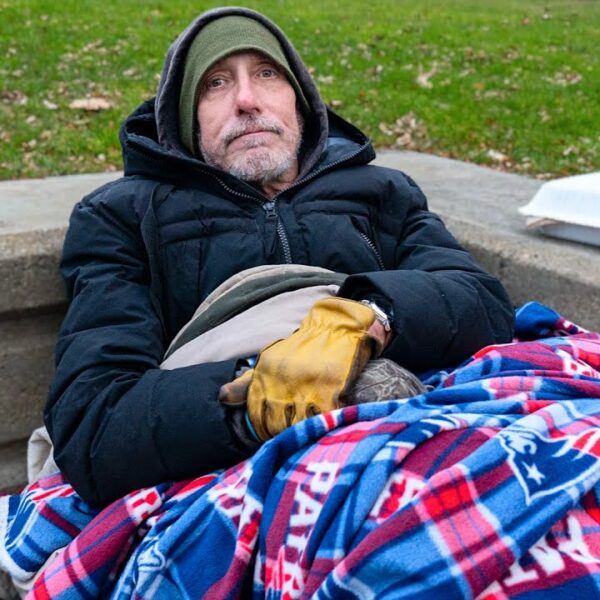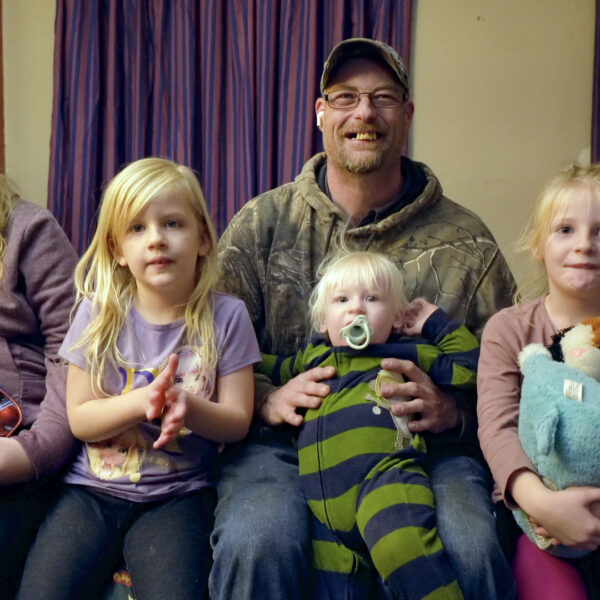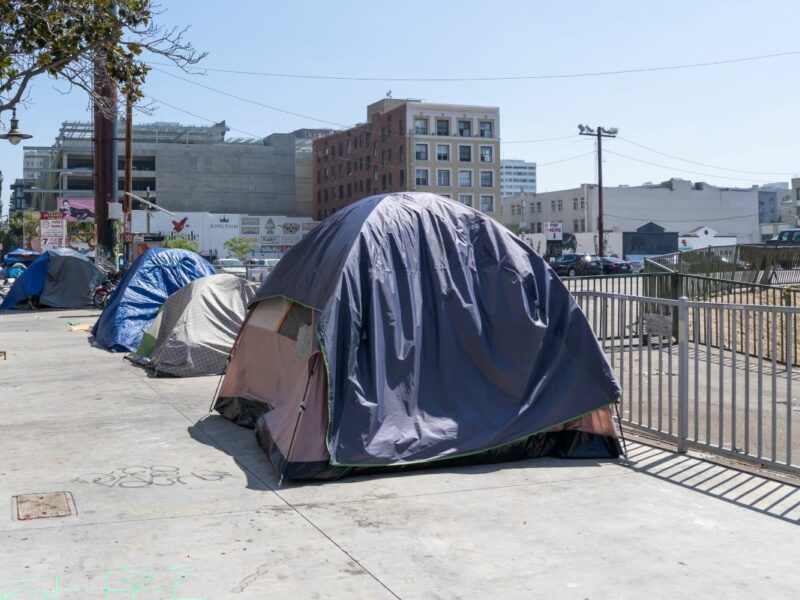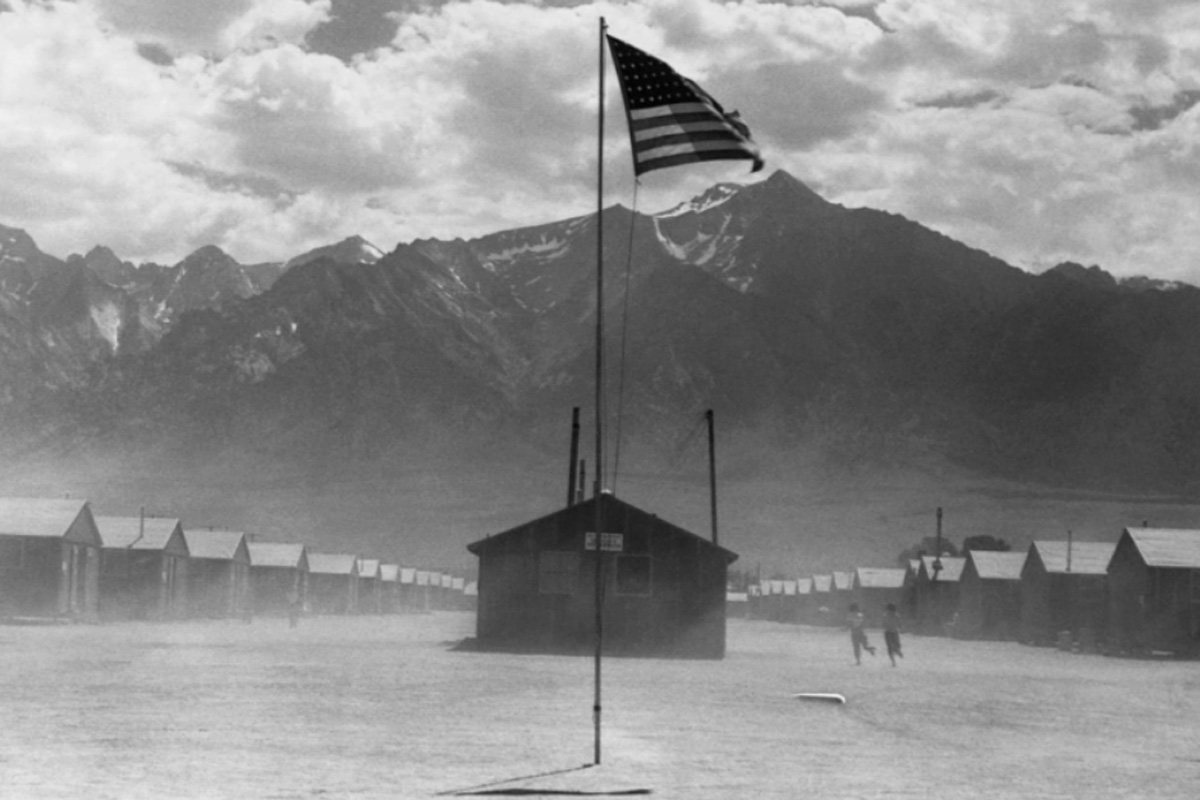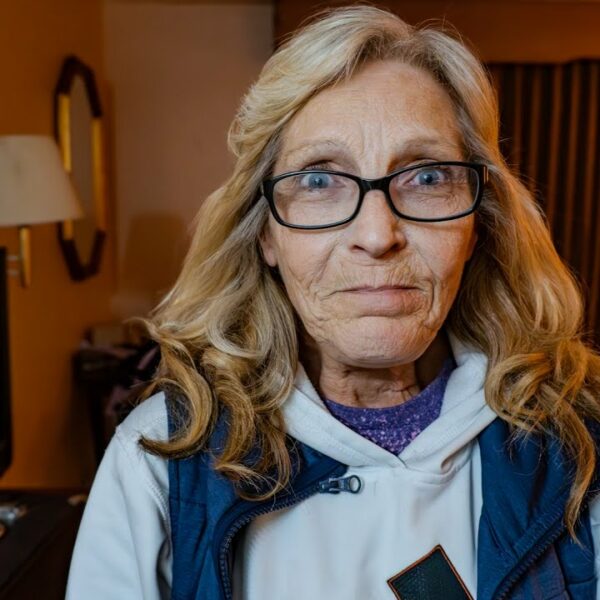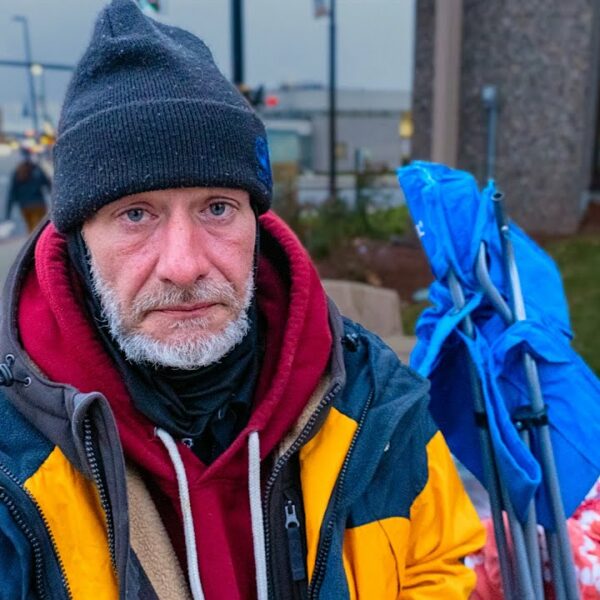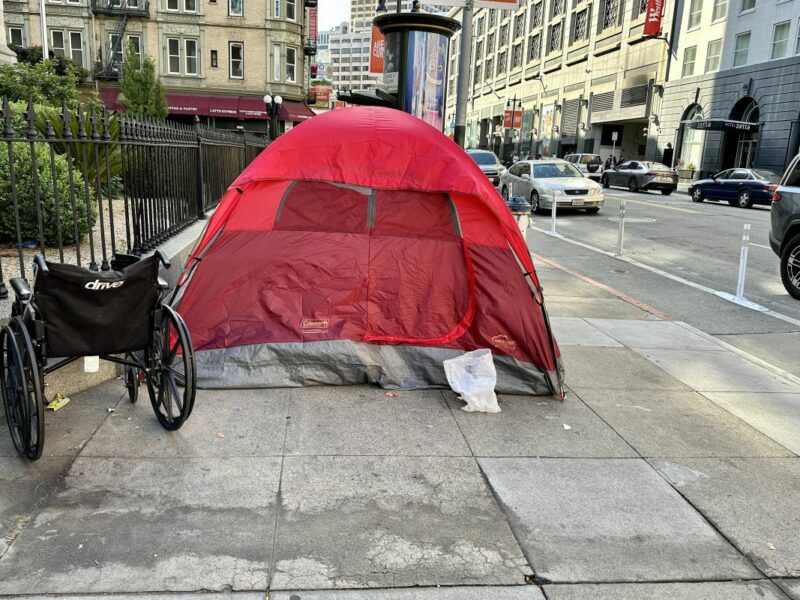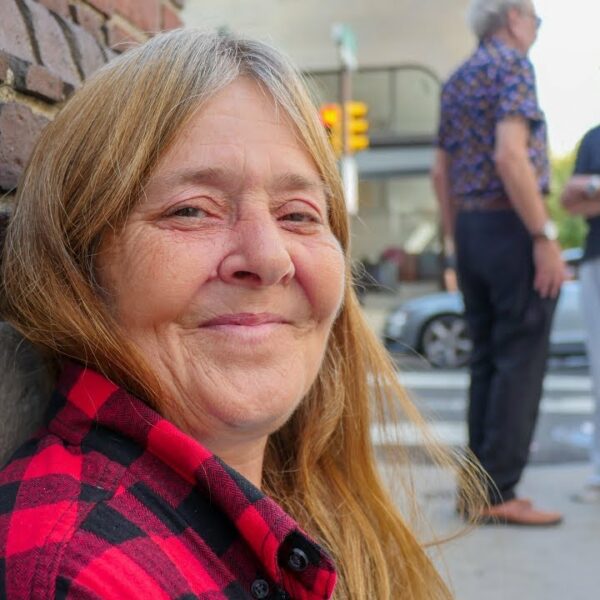Plans to centralize America’s homeless people are gaining steam as frustrations about increased homelessness and affordable housing shortages reach a boiling point. However, advocates for homeless people have serious concerns about relocating tens of thousands of people.
From retired cruise ships to military barracks, solutions involving the centralization of homeless people have seen much iteration. The concept remains the same: Gather homeless people and take them from where they live to a new place.
Duane Nason has proposed a new take on it.
The Citizens Again Plan
Founder of Citizens Again, Nason said he’s been closely analyzing state responses to homelessness and has developed a new proposal – a “complete city for a complete solution”.
Suggesting it’s time to “think differently to solve chronic homelessness,” Nason proposes building a single supportive living environment for America’s entire chronic homeless population. An all-inclusive city, this environment will house, feed, launder, entertain and educate 150,000 chronically homeless adults. Requiring 300-plus acres of land strategically located “far outside the urban core so as not to upset existing residential neighborhoods,” entrance would be voluntary. New “citizens” would receive guided city tours and be offered work opportunities should they choose to take advantage of them.
How considerate.
Why Advocates for Homeless People Are Worried
Anya Lawler of the Western Center of Law and Poverty shared this telling statement:
“We do need more temporary shelter options. We need to get people inside.”
Those two phrases may look similar, but there can be a gulf between them. It’s one thing to make or design shelters. It’s quite another to get buy-in from homeless people. Build it and they will come may have worked in Field of Dreams. However, historical breaches of trust have resulted in widespread skepticism among the unhoused.
“What we’re asking them to do is leave their community to come indoors and form another community,” Lawler continued.
That’s a big ask. Many homeless people have already endured the breakdown of what should have been stable institutions: family, workplace, mental health. And many have bounced back to a certain extent and established communities that they now call home – even if it differs dramatically from what housed people consider a community. With centralized rural homelessness cities, we’re asking homeless people to leave yet another community.
Pete White, executive director of the Los Angeles Community Action Network, agreed that there will be some pushback against centralization.
“The last thing you’re going to do is carry your butt out to some remote location without any services, and without any of the networks that have kept you somewhat together. Unless you’re talking about mandatory evacuations …”
And That’s the Concern
If this facility and others like it are built and homeless people choose not to accept these shelters, what’s next?
Tommy Newman of United Way of Greater LA has an idea of what will happen. And, it should worry all of us.
“The Citizens Again proposal notes that ‘nothing like this has ever been tried before’, which isn’t quite right—120,000 Japanese Americans were forced out of their homes and into camps in rural areas during the Second World War.”
Drawing comparisons between a homelessness “solution” and one of the darkest periods of American history is harrowing at minimum. The big picture solution to homelessness has to be rooted in developing and strengthening support networks that build trust, empower people, and put practical help within the reach of those that need them. Centralizing housing may put a roof over heads, but it does little to address the underlying causes of homelessness.



